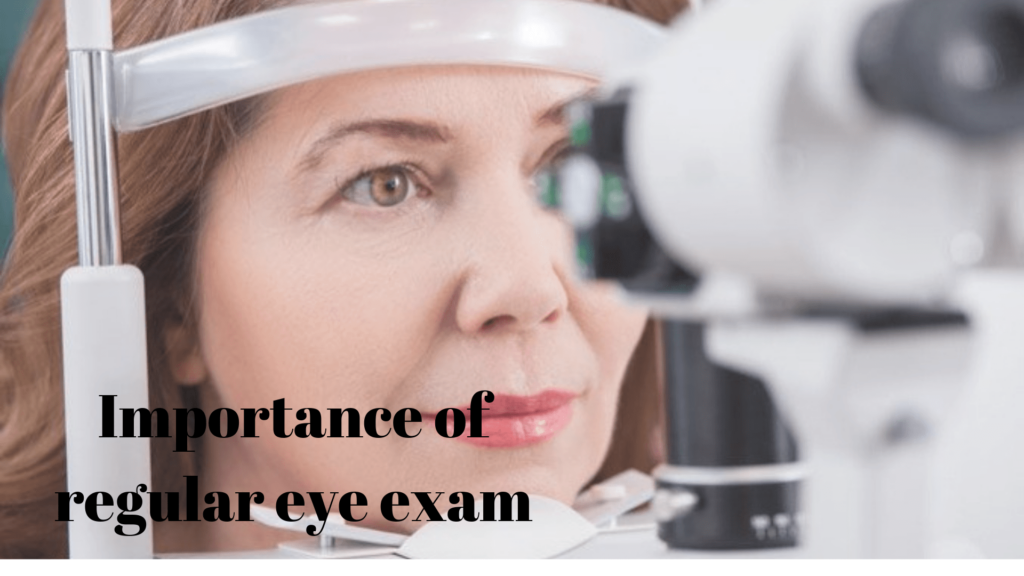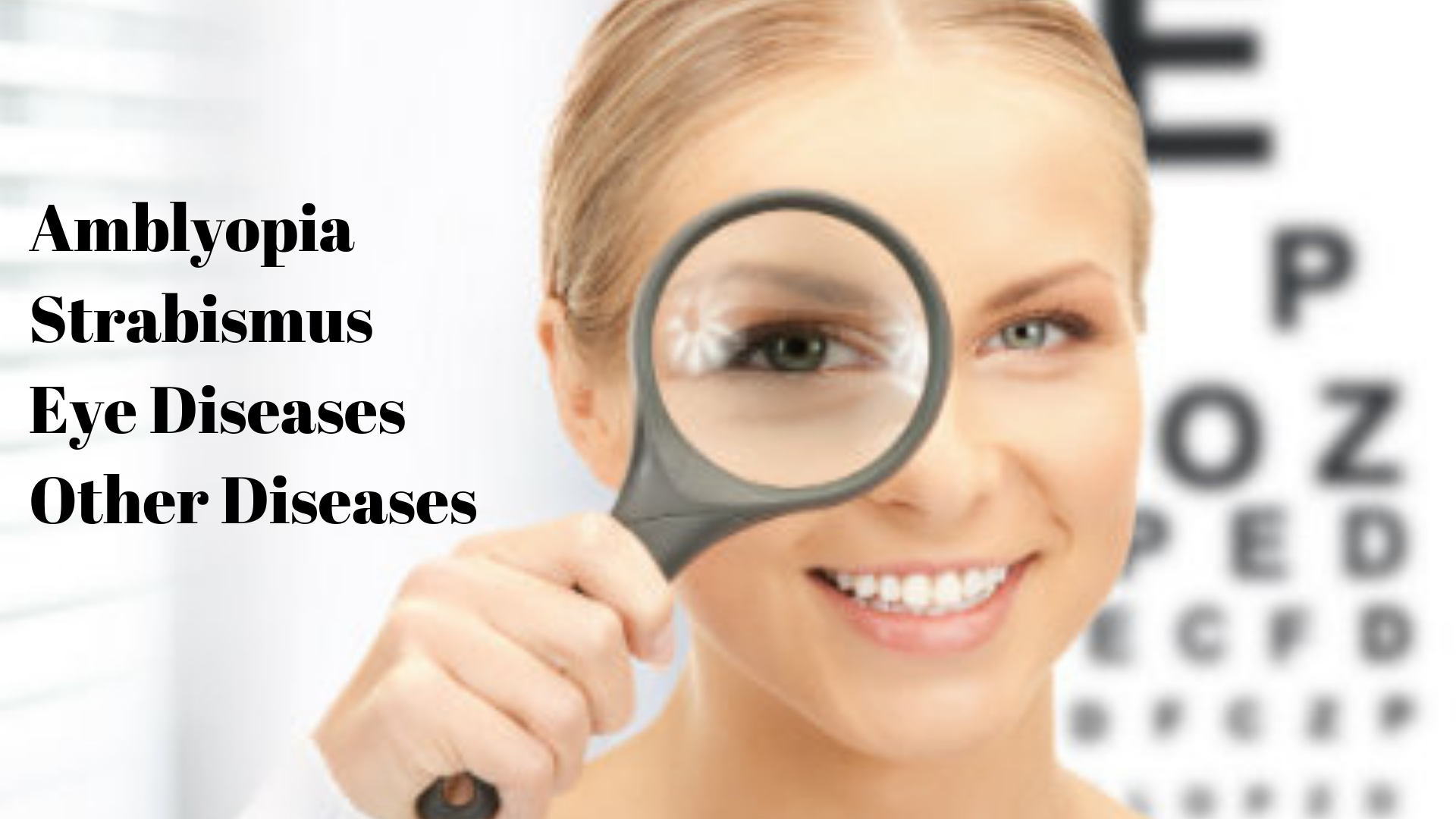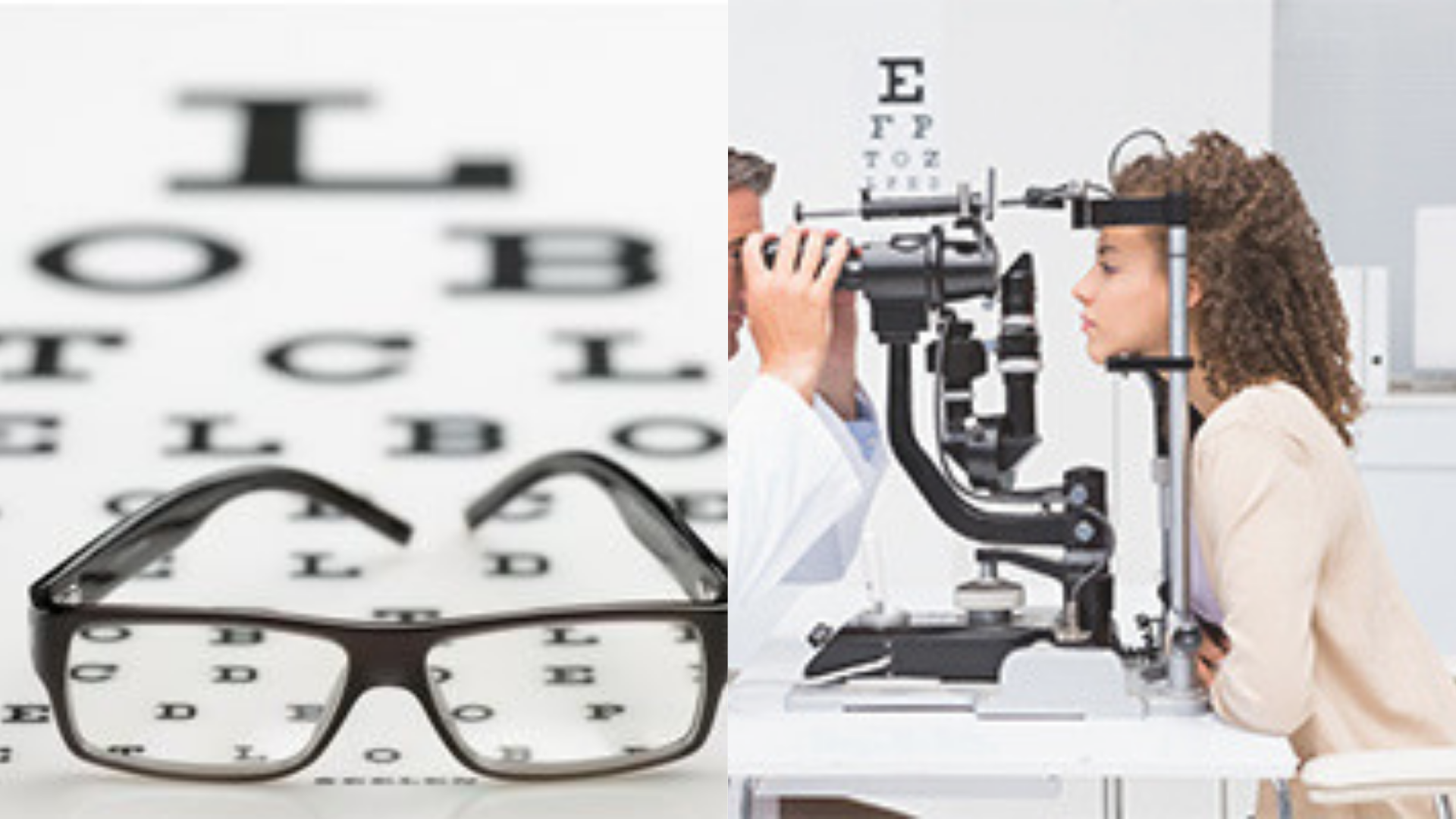Frequent visits to the eye doctor are a significant part of any healthy lifestyle — regardless of your current ability to see. In addition to modifying your prescription, eye doctors can assist recognize chronic diseases, like diabetes or glaucoma. And for kids, regular eye checkups help secure normal vision development required for schoolwork and athletics. For healthy eyes, it is prescribed to use eye drops as per the prescription of your doctor.
Most of us are under the supposition that as long as we can see properly, we do not need a regular eye check-up. A 6 by 6 vision is a gift from god. Sometimes, people believe an online eye testing or a visit to the optician to get a pair of glasses is sufficient for their eye health. But the reality is completely different. Most of the vision diseases do not have symptoms in the early stages, and cannot be identified by a test for refractive error (power of glasses) only.
Eye checkups are performed by licensed eye doctors and involve not only checking your visual sharpness and power of glasses, but also the comprehensive health of your eyes. It comprises estimating your eye pressures, eye alignment, as well as evaluation of the front (anterior segment) and back of the eye (including the retina and optic nerve).
In addition to this, at EyeMantra, we can detect early signs of serious diseases such as diabetes, high blood pressure, possible brain tumor and risk of stroke, based on the appearance of blood vessels, retina, and optic nerve.
The most critical reasons for an eye checkup include:
- Building a healthy eye baseline so that any difference can be identified faster.
- Early detection and management of eye diseases or injuries.
- Early detection, and monitoring of several systemic diseases like diabetes, high blood pressure, etc.
Contents
Who should get their eyes examined?
Eye checkups are an essential part of a healthy lifestyle for everyone. Adults should have regular eye tests to keep their prescriptions up-to-date and to check for early signs of eye disease. Eye checkups can play an important role in normal development and learning for children.
Vision is similarly connected to the learning process. Children who struggle while seeing or interpreting what they see have trouble with their schoolwork. Many times, children will not complain of vision difficulties just because they don’t know what “normal” vision looks like. They will face problems like blurred vision. If children perform poorly at school or present a reading or learning problem, be sure to schedule an eye examination. Children’s eye diseases should be looked after without any delay.
What the eye doctor checks?
In addition to assessing whether you have nearsightedness, farsightedness or astigmatism, the eye doctor will also examine your eyes for eye diseases and other problems that could lead to vision loss. Some examples of the conditions that the eye doctor will be looking for:
- Amblyopia: This happens when the eyes are misaligned or when one eye has a significant different prescription than the other. The brain will “shut off” the picture from the turned or blurry eye. If left untreated, amblyopia can hamper the visual development of the affected eye, resulting in permanent vision impairment. Amblyopia is often treated by covering the stronger eye for years.
- Strabismus: Strabismus is described as crossed or turned eyes. Your eye doctor will check your eyes’ alignment to be assured that they are working together. Strabismus causes difficulties with depth perception and can lead to amblyopia.
- Eye Diseases: Many eye diseases, such as glaucoma and diabetic eye disease, have no noticeable symptoms in their early stages. Your eye doctor will examine the health of your eyes inside and out for symptoms of early problems. In most cases, early detection and treatment of eye diseases can benefit decrease your risk for permanent vision loss.
- Other Diseases: Your eye doctor can identify early signs of some systemic conditions and diseases by looking at your eye’s blood vessels, retina and so forth. They may be capable to inform you if you are developing high blood pressure, high cholesterol or other problems.
Eye conditions and health problems that can be identified by an eye test
Glaucoma: An eye examination can inform early signs of glaucoma. Early detection and treatment can decrease the risk of vision loss.
High blood pressure: If your blood pressure is raised this may be apparent when an optometrist examines the blood vessels in the back of your eye.
Age-related macular degeneration: This eye disease can cause loss of central vision and can be identified by looking for changes to your retina during an eye examination. It can be reduced down to the right treatment.
Diabetes: Undiagnosed diabetes can lead to sight loss. An eye examination can detect the first signs.
Cataracts: The optometrist can make sure you are referred for treatment for your cataract prevention at the correct time.
Cardiovascular disease: Eye examinations can detect signs of cardiovascular diseases, such as high cholesterol and high blood pressure. Treatment from the doctor can lessen the risk of stroke.
Recommended Frequency of Eye Check-Ups
Whether a patient will need a visual sharpness test or a complete eye examination, and how often, does purely depend on the current visual health of the patient.
Children need less frequent comprehensive eye tests compared to adults, who should be checked at least once in two years for their overall visual function. Doctors suggest more regular eye check-ups during old age.
The individuals whose job is massively demanding in terms of visual engagement are also suggested to get their eyes thoroughly checked more often than once in two years.
Difference between a vision screening and an eye checkups
Vision screenings are normal eye tests that help identify people who are at risk for vision problems. Screenings constitute brief vision tests conducted by a school nurse, pediatrician or volunteers. An example of a vision screening is the eye test you take when you get your driver’s license renewed.
A vision screening can determine that you require to get an eye checkup. But it does not serve as a substitute for a complete eye exam.
A comprehensive eye examination is conducted by an eye doctor and will include careful testing of all aspects of your vision. Based on the results of your exam, your doctor will then recommend a treatment plan for your individual needs. Only an eye doctor can conduct a complete eye exam. Most physicians and pediatricians are not sufficiently trained to do this. Studies have revealed that they can miss important vision problems that require treatment.
Conclusion
Annual eye exams are essential for seeing more clearly, learning more easily and maintaining your vision for life. Even you have impeccable vision, an annual eye exam can be one of the best things you can do to preserve the overall health and wellness of yourself.
Don’t put it off any longer — contact an eye doctor for an eye exam today.
If you are also driven by the benefits of eye exams do visit us. To know more about healthy eyes, you can easily visit our website Eyemantra. Our expert guides will provide details of every service in a descriptive manner. We offer services like cataract surgery, Retina surgery, Low Vision Aids or Ocuploplasty you can simply ring at +91-8851044355. Even you can simply mail us on eyemantra1@gmail.com.
Book your online appointments and stay connected with us!
Realted articles
Do’s and Dont’s for protecting your eyes while playing Holi


